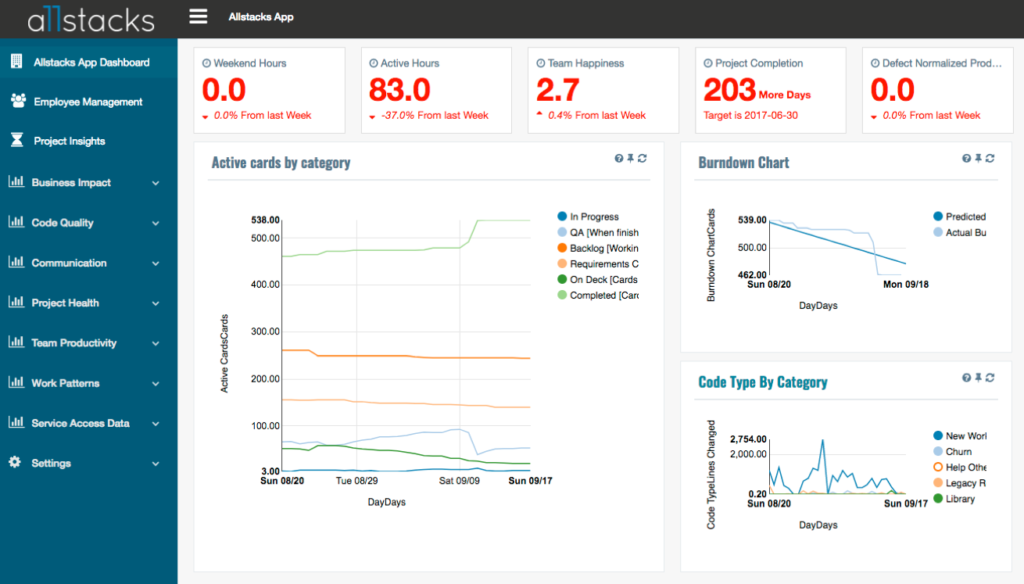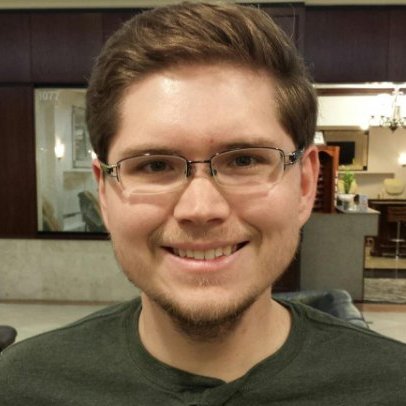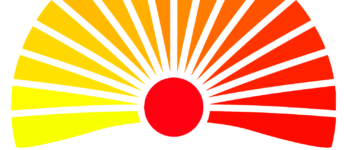
Allstacks solves the problem of friction between senior management and engineering management, where no one could satisfactorily answer the question of “how are things going?” We equip engineering leadership to answer that question in a quantitative, effective, and actionable way.

CTO, Jeremy Freeman
Name: Allstacks, Inc.
Location: Raleigh, North Carolina
Website: www.allstacks.com
Product / Service Offering: Engineering Management Business Intelligence and Analytics
Co-founder Interviewed: Hersh A. Tapadia, CEO
Other Key Management Team Members: Jeremy Freeman, CTO
This article is part of our Business Startup Spotlight series featuring entrepreneurs and their companies. We hope that these founders’ interviews will inspire and motivate you as you undertake your own entrepreneurial journey.
Tell us a little about yourself with a focus on what motivates you.
I am an Electrical and Biomedical Engineer, and I have worked in startups for most of my career. Early on, I got a taste for the high-growth startup environment when I interned at a startup defense contractor that grew not only in revenue, but also physically. The office size and headcount double in size every year. Since then I have been addicted to that kind of environment. Ultimately, I am motivated by the excitement that stems from solving interesting and difficult problems. The first couple of companies had a heavy signal processing and computer vision focus.
Allstacks is very data science heavy. Can we find novel solutions to hard problems that generate value for our customers in ways they did not think were possible?
When did you establish your company and where did the idea originate?
Allstacks initially started as a different product, but we quickly pivoted when we found a real need for productivity analytics. As we understood this space, we remembered our own experiences trying to manage product and engineering teams. There was always friction between senior management and engineering management where no one could satisfactorily answer the question of “how are things going?” Allstacks ultimately was built to solve that problem. We equip engineering leadership to answer that question in a quantitative, effective, and actionable way.
What need or needs does your company seek to fill for its customers?
Allstacks helps our customers better understand and quantify the health and development of their organization and projects. We identify and predict trends that threaten the customer’s ability to ship their products on time and on budget. We then help solve those issues. Finally, Allstacks also helps engineering leadership communicate KPIs in a quantitative and effective manner to the rest of the organization.
What is one thing that sets your company apart from its competitors?
Allstacks is unique in that it not only learns the systems and processes that customer companies have instituted, but it additionally presents their data back in their own context. We do so without any necessary change in behavior or workflow from the customer teams. We also engage in passive and learned data processing. Allstacks can readily provide insight into customer development organization challenges without being a burden on the team.
What was the biggest challenge you faced while getting your company up and running, and how did you overcome it?
As a team, we have been involved in startups for a while. My co-founder, Jeremy Freeman, is extremely adept at helping me balance our two sides of the house. I have seen many teams struggle to divide effort, but also provide support to each other. I mostly manage the operations, sales, and fundraising. Jeremy spends his time primarily on product development. The key is that I have full confidence in Jeremy to close a sale if needed. In fact, he sourced and closed our 6th customer pilot without me! Finding the balance where you can both divide effort yet still support each other is critical.
What resources have you utilized that other founders might find compelling or useful?
We highly recommend and endorse the ongoing support from NC IDEA. The Groundwork Labs accelerator program helped us develop a customer discovery framework. The NC IDEA grant program helped propel Allstacks towards our first outside capital. Both were critical to the successful launch of the company.
Later, we joined the Innovators Program in partnership with Red Hat and Citrix. That has helped us hone in on our core value. Programs like these, full of supportive staff and community, can really help startups get their bearings and launch aggressively.
Looking for an Accelerator for you Startup? Try TurboFunder’s FREE Accelerator Search Tool!
What steps have you taken to secure funding for your company and what, if anything, would you do differently if you had to start over?
So far Allstacks has been mostly self-funded with two notable exceptions, which are the NC IDEA seed grant program and the Citrix/Red Hat Innovators program. Both of these organizations have given us valuable input and non-dilutive grant funding. We just started raising a seed round Q3 2017 with some initial investments closing in the past few weeks.
In North Carolina the funding environment is tough, but getting through the hurdles here really demonstrates a level of viability that does not exist elsewhere.
Giving Away Startup Ownership: How Much is Too Much? [Infographic]
What questions have you had as an entrepreneur of a fledgling startup that you had a particularly hard time finding the answers to?
Pricing and revenue model is always a tough challenge. There are always canned answers, e.g., just sell a SaaS cloud offering, but the problem is in the details. We have had to do significant experimentation in to figure out our launch pricing. I am certain that as we learn more, the pricing will evolve yet again. There is little you can do but ask, experiment, and be patient so you can receive the signals from your customers.
What challenges, if any, are you grappling with?
As with most startups, I think the biggest issue is speed of staffing. This is a problem regardless of your funding level as it is equally a problem to staff too fast as to staff too slow. When do we make those critical first hires and which roles do we want to staff first? Which ones do we need to do first and how do those differ?
What is the most helpful tip or “hack” you’ve ever learned, stumbled across, or been given?
Getting deeply involved with the customers is critical. We have an extremely talented development organization so we can move quickly. I think the biggest thing is not being afraid to shed functionality and features that the customer does not care about. A solution that solves 50% of customer problems 100% of the time is better than the reverse.
Is there anything else you would like to share about your company?
We are excited and encouraged by the response we are getting in the market. For any readers who want to give Allstacks a try, we have a special offer for FundingSage readers, email me and I will get you established.
Are you familiar with other startups you believe should be spotlighted? If so, we would like to hear from you. Tell us about them in the comments below!









